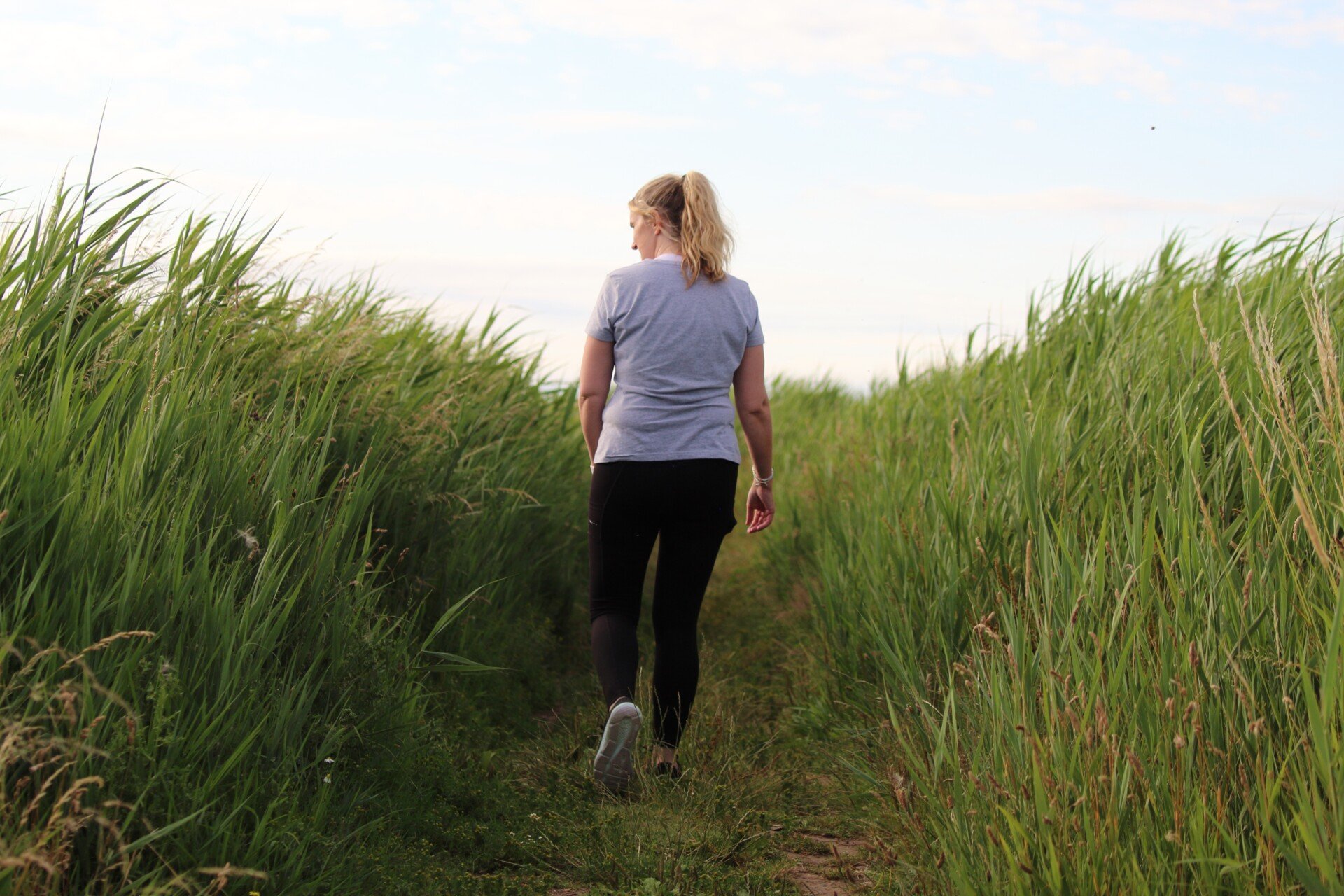Whether it’s a quiet walk through a city park or sitting under a tree between university lectures, many young adults instinctively turn to nature to cope with the challenges of modern life.
A new review suggests that this instinct may be well-founded, with natural environments offering a powerful source of emotional support during the transition into adulthood.
Research by Fina Wurm and colleagues, published in Emerging Adulthood (2025), explores how contact with nature supports wellbeing in people aged 18 to 25—a life stage marked by stress, uncertainty, and identity development.

The review found that young adults describe nature as a calming space for reflection, social connection, and relief from stress. Even brief or passive experiences in green environments—like sitting on campus lawns or walking past trees—were linked to improved mood, reduced anxiety, and greater clarity of thought.
Emerging adulthood is often a turbulent period, as individuals navigate new responsibilities, career pressures, and social expectations. It is also the age when many mental health problems first appear.
Research has shown that wellbeing tends to dip during this time, and access to mental health support can be limited.
Nature engagement, while not a replacement for clinical care, may offer an accessible and low-cost way to support psychological resilience and connection.
To investigate how nature affects wellbeing in this age group, the researchers conducted a systematic review of 11 qualitative studies involving 555 participants across five countries.
The participants—mostly university students—described their experiences of spending time in natural environments, including urban parks, campus green spaces, and wilderness areas.
The review found four core themes.
First, nature was seen as a nonjudgmental space for self-reflection and emotional clarity. Many young adults described feeling overwhelmed by societal expectations to succeed academically, secure a job, and fit social norms.
In nature, these pressures temporarily faded, giving them space to think about who they are and what matters to them. Some recounted feeling “more like myself” in nature than in structured environments like classrooms or workplaces.
Second, nature helped participants connect with others. Whether through walking, talking, or shared activities like swimming or watching wildlife, natural spaces provided opportunities to build social bonds.
This sense of connection was important not only for emotional wellbeing but also for reinforcing a sense of belonging.
Third, nature offered psychological restoration. Participants often used natural settings as an escape from the noise and stimulation of urban life.
Many described experiences of mindfulness—feeling present, peaceful, and grounded—which they linked to lower stress and improved mental focus. Simple sensory details, such as the feel of fresh air or the sound of birdsong, played a significant role in these experiences.
Finally, the review identified several factors that influenced whether young adults used nature to support their wellbeing.
Positive associations from childhood, accessibility of green spaces, and a personal sense that nature felt like “home” made engagement more likely.
In contrast, barriers included lack of time, safety concerns, poorly maintained parks, and not feeling “outdoorsy.”
These findings have practical implications for how universities, urban planners, and public health agencies design and promote green spaces.
For instance, ensuring that natural areas are safe, welcoming, and located close to where young people live and study may encourage regular use.
Given that female participants reported more guilt about taking breaks and greater safety concerns, gender-sensitive approaches to green space design may also be important.
The study also suggests that contact with nature doesn’t need to be intense or time-consuming to be beneficial.
Even small, everyday experiences—like looking out a window at trees or sitting outside between classes—can support mental health.
Importantly, participants often discovered these benefits on their own, without professional guidance, suggesting that nature-based wellbeing strategies can be intuitive and self-directed.
As mental health services face growing demand, especially among younger populations, the role of natural environments in public wellbeing deserves more attention.
While nature cannot solve structural issues like poverty or housing insecurity, it may help individuals manage stress and strengthen coping resources during a pivotal life stage.
The authors note that most of the studies included in the review focused on students, limiting generalizability to non-student populations. Additionally, few studies directly examined differences across gender, ethnicity, or socio-economic background.
Future research could explore how diverse experiences and identities shape relationships with nature.
Still, the overall message is clear: for many young adults, nature offers more than just a pleasant backdrop—it provides emotional breathing room in a world that can feel overwhelming.
As one participant put it, “It’s like a different world… a place where I can just be me.”.
Citation
Wurm, F., Berry, E., Vukicevic, T., & McLaughlin, K. (2025). Experiences in Nature and Benefits on Emerging Adult Wellbeing: A Qualitative Systematic Review. Emerging Adulthood. https://doi.org/1356751

